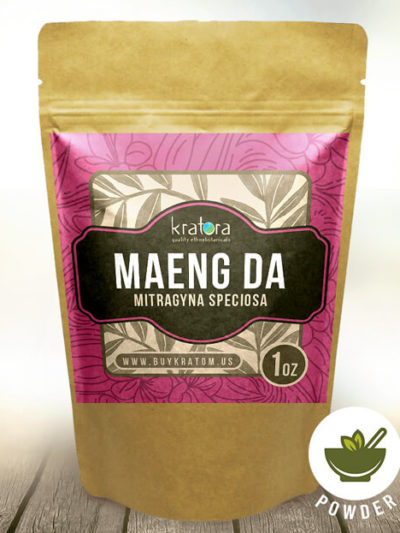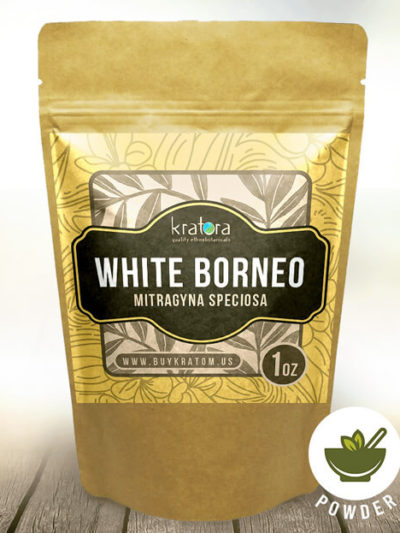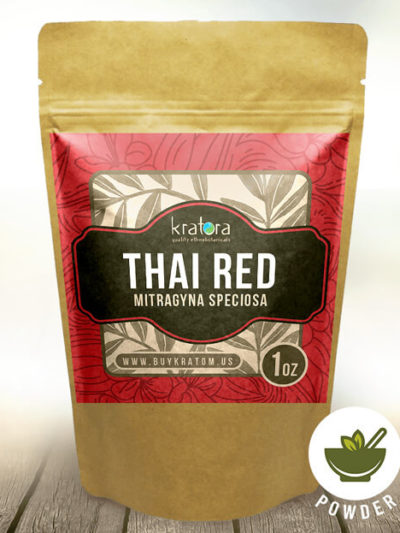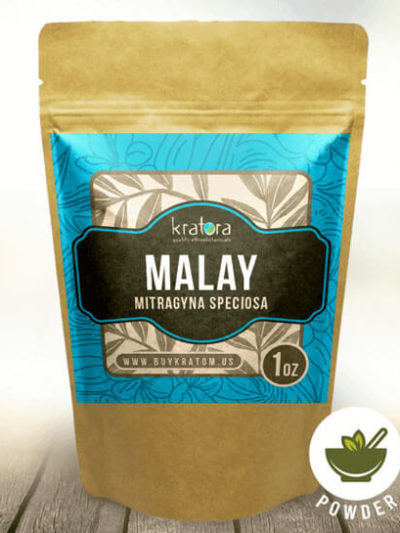Kratom Alternative Products - Natural Substitute for Kratom
If you love kratom, you are sure to be intrigued by shopping our collection of kratom alternative products from around the world. If you are looking for kratom substitutes that are known for their mood-boosting effects then these all natural ethnobotanical plants are the perfect option for you. Our collection of kratom alternatives include products such as Kanna, Blue Lotus, Kava, Mitragyna Hirsuta, Muira Puama, and much more. Our collection of high quality kratom alternative products can help to provide you with the benefits and experience that you’ve been looking for. Shop our vast collection of kratom alternatives and all-natural ethnobotanicals today!
Best Sellers
Recently Viewed
You have not viewed any product yet!-
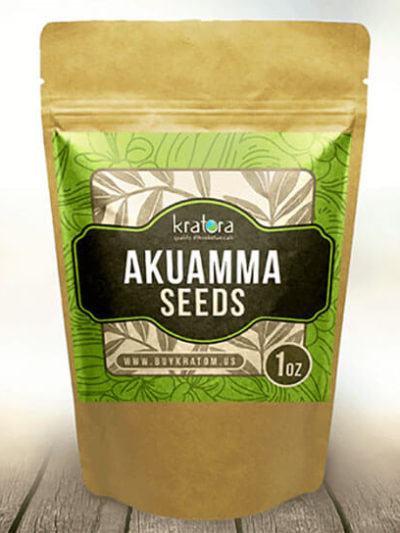 Relaxing
RelaxingAkuamma Whole Seeds
$7.99 Shop Now This product has multiple variants. The options may be chosen on the product page Quick View
30-Day
Full Refund
Same Day
Shipping
Earn Rewards
Points
Ethically
Sourced
3rd Party
Lab Tested
In Business Since
2013
# Of Satisfied Customers
70,000 +
Overall Review Rating
4.9/5
Real Reviews From Real Customers
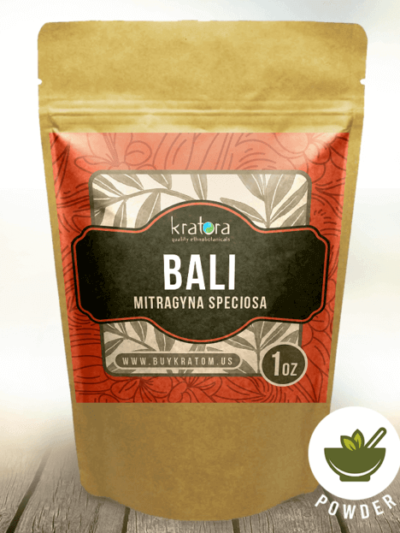
This particular strand has consistently been a favorite for years. I love Bali for relaxation and rest, as well as managing day to day pain. Does not hit too hard or impact function. Just puts things in balance.
May 30 2025
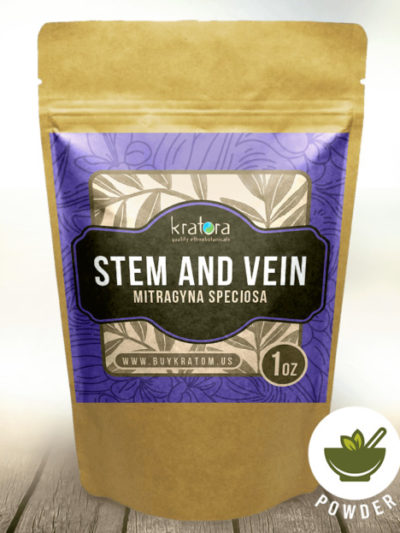
This is, BY FAR, the best stem and vein I’ve ever tried. Other brands have been gritty and grainy and given me a sluggish feeling. This one is so smooth texturally and has a super well rounded and relaxing feel. Repeat customer! 100% recommend
May 20 2025
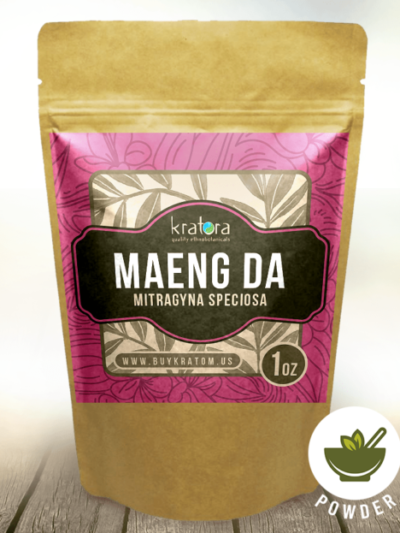
I have been a customer for over 5 years. The product is always great. Ordering is easy and they ship right away. This is the only vendor for me.
May 13 2025
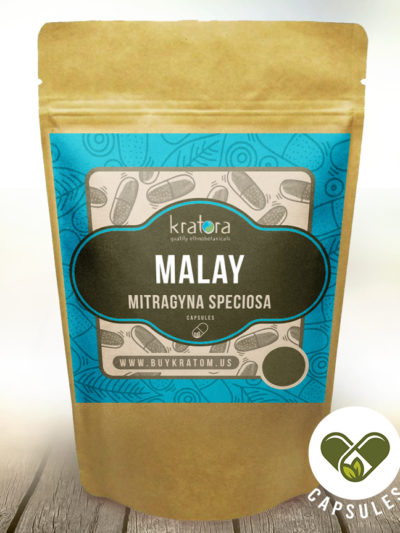
This is the first strain I ever tried (years ago), and it's still one of my favorites. Very balanced. Gives an energy boost at low doses, relaxation at higher doses, and a slight mood boost either way. My only gripe with it is you get less powder/capsules for a higher price when compared to other vendors, and other vendors give you far more samples (without asking)....however, the quality from Kratora is always top notch
Apr 18 2025
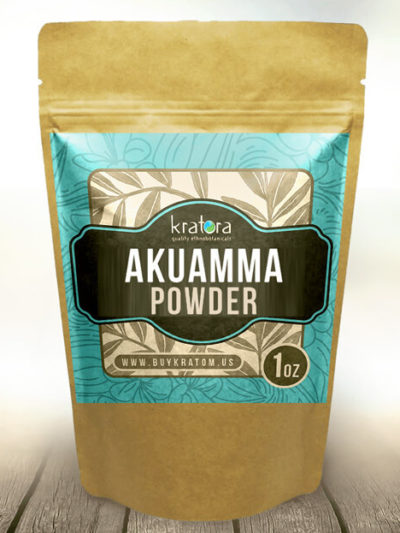
Very pleased with the quality and price of Kratora's Akuamma powder! Very effective for me.
Apr 6 2025
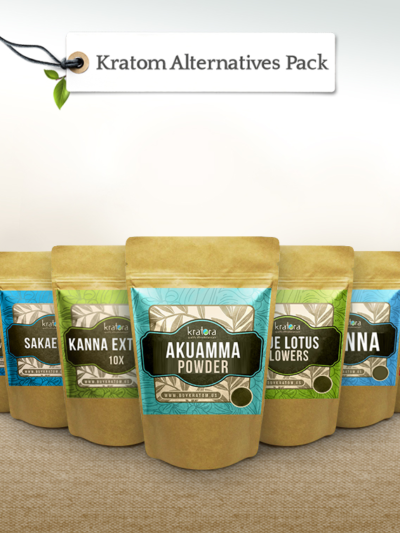
Extremely glad I bought this first! Helped me figure out what I wanted, without hurting my wallet too badly. Very nice!
Apr 6 2025
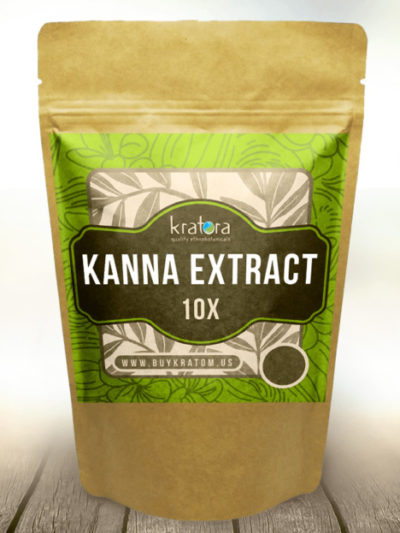
The extract seems to be very potent. Because it's more expensive, I might suggest adding a little of this to a little of the fermented Kanna or Kanna, to make it last longer and still feel the full effectiveness with possibly lowering chances of developing a tolerance to it. Kratora is a great quality vendor. Keep up the good work.
Apr 6 2025
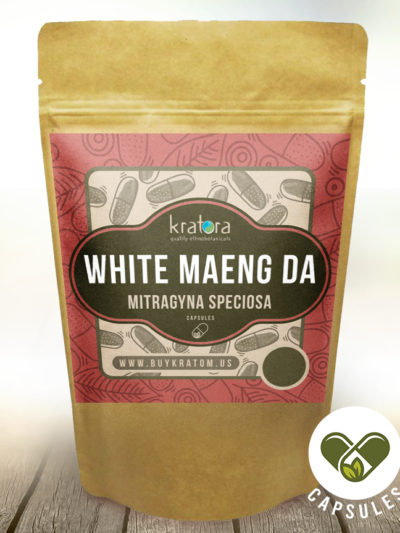
used to take and this has helped me tremendously with pain relief, energy and calm!
Apr 2 2025
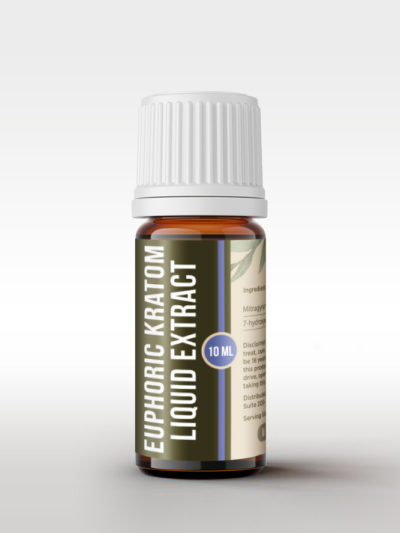
I enjoy taking this at the end of a workday to calm my mind and give me a sense of wellbeing so I can get a good night sleep.
Feb 21 2025

Great pack to try new things out. Since Kratom is sadly illegal where I now live, I wanted to try some alternatives without shelling out a lot of $$ to experiment. The blue lotus is probably my favorite - relaxes me so much, and I sleep without waking up as much as when I don’t drink it before bed. My sleep is always much higher quality according to my watch haha. Kanna doesn’t do anything for me unfortunately, but sakae na does provide a little energy! I’ve mainly wanted to find another stimulating alternative to Kratom/coffee, and blue lotus is the winner for me, doing it in a roundabout way since better sleep = more energy throughout the day.
Feb 18 2025
